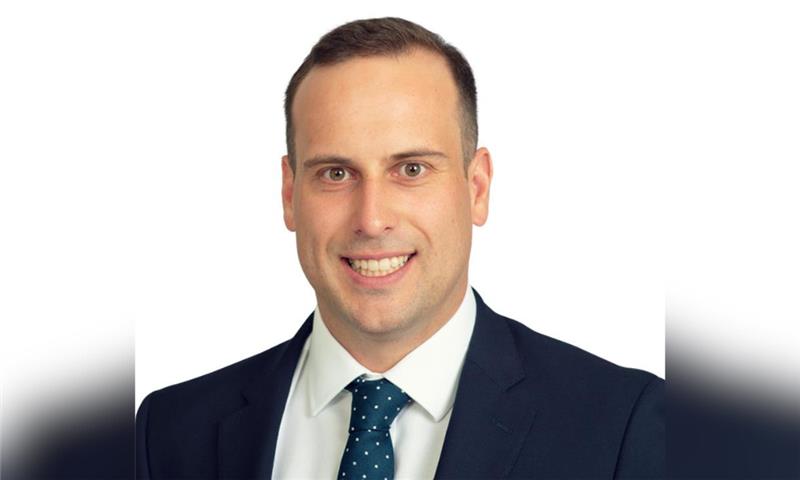
The Simpson Grierson senior associate shares ideas for effective law graduate training

For Toby Holborow, there is a "widening gap" between legal education and what legal practice is actually like in the current landscape. This leaves graduates ill-prepared for the realities of modern legal practice.
In the second part of this May interview, the Simpson Grierson senior associate shares why this gap creates an opportunity for law firms to get involved in shaping the next generation of practitioners; he also talks how the US tariffs are impacting corporate law.
What is going on at Simpson Grierson? Are there any new programs and initiatives that you’re particularly interested in?
Simpson Grierson has long prioritised delivering a top-tier client experience — but over the past year, that focus has kicked into high gear. A wave of smart, targeted initiatives is driving momentum, especially in the private capital space. At the same time, new efforts around client training and feedback are reshaping how the firm connects, responds, and adds value.
Our AI journey is picking up pace. The firm has been using Microsoft’s Co-Pilot for over a year and was recently selected as one of only two New Zealand firms to join the AskiManage pilot program. The efficiency gains we’re seeing are genuinely exciting.
People remain central to everything, and our firm is committed to being NZ's best workplace for lawyers, combining high performance with a "team first" culture. We're actively recruiting top talent, especially those returning to Aotearoa with international experience.
What should the profession focus on?
One issue that often flies under the radar is the widening gap between legal education and the realities of modern practice — a gap that’s only set to grow as legal tech continues to disrupt the industry. There’s a real opportunity here for law firms to partner with universities and build programmes that reflect the demands of today’s legal landscape. Imagine a corporate law paper paired with hands-on M&A modules — mock transactions, negotiation simulations, and a deep dive into the commercial drivers behind deals. That’s the kind of training that would prepare graduates to hit the ground running.
What key challenges you seeing in your practice area?
As a corporate lawyer, the recent wave of market volatility — fuelled by geopolitical tensions, economic shifts, and policy changes — has made dealmaking more challenging. Volatility isn’t all bad; it can spark opportunity. But when it comes with sharp valuation swings, like those triggered by ongoing US tariff developments, it can seriously complicate M&A negotiations.
Right now, many sellers are only coming to market out of necessity — whether it’s private equity funds reaching the end of their lifecycle, distressed assets, or trade-sellers offloading non-core assets. Buyers, meanwhile, remain well-capitalised but cautious. Financial due diligence is under the spotlight, with many buyers waiting for updated financials to see how targets are weathering the storm before moving forward. Add to this widening valuation gaps between buyer and seller expectations, and we’re seeing more drawn-out negotiations and longer deal timelines.
What are you looking forward to the most in the coming year?
Embracing the Kiwi lifestyle again: surfing, snowboarding, mountain biking, Sunday BBQs, and classic NZ road trips.